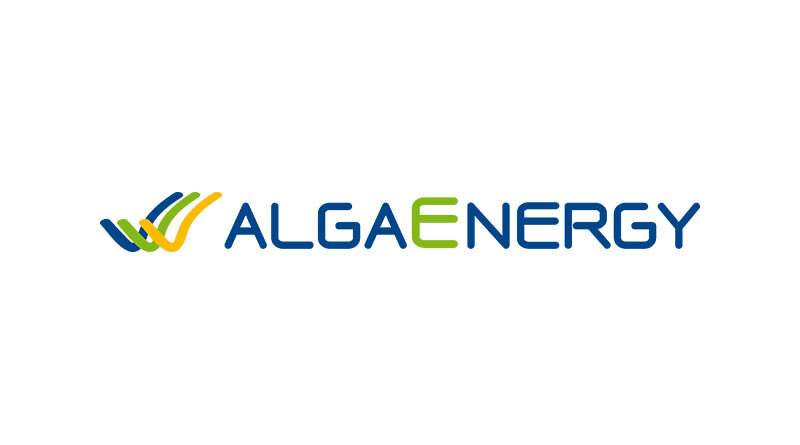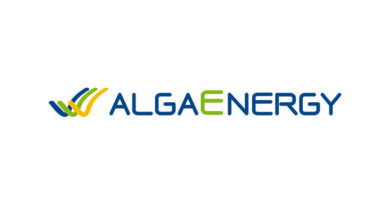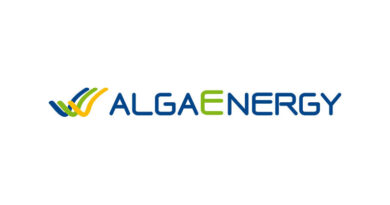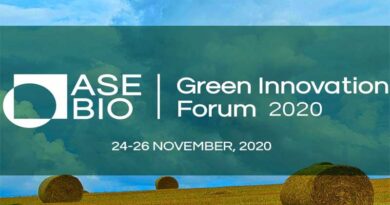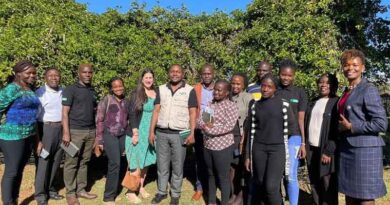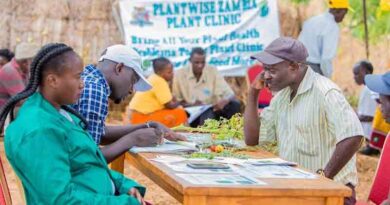Representatives of MAPA and the European Commission visit AlgaEnergy
They visited the Technological Plant for Experimentation with Microalgae (PTEM) of the biotechnology company to learn about the evolution of the work carried out by the MicroClimatt Operational Group.
18 May 2022, Spain: Representatives of the General Directorate for Agriculture and Rural Development of the European Commission and the General Directorate for Rural Development, Innovation and Agro-Food Training of the Ministry of Agriculture, Fisheries and Food (MAPA) visited the Technological Plant for Experimentation with Microalgae (PTEM) last Thursday May 12th. The purpose of the visit was to learn about the activities carried out by the MicroClimatt Supra-autonomous Operational Group, a project promoted and coordinated by AlgaEnergy, with top-level partners.
Also Read: Bayer celebrates 30 years of water use efficiency gains in Australian cotton
The visit to the PTEM, located at the Adolfo Suárez Madrid-Barajas airport, next to T4, and probably the most powerful and flexible private R&I tool known in the field of microalgae biotechnology, included an exhibition about the objectives and activities of this innovative project. Afterwards, the representatives of the European Commission and MAPA visited the AlgaEnergy facilities to learn first-hand about the R&I activities that are being carried out in the plant. After the visit, the representatives of both institutions confirmed the relevance of the proposed solutions and stressed the importance of promoting this type of initiative from the public sector.
MicroClimatt aims to demonstrate the efficacy of innovative biostimulant solutions derived from microalgae to efficiently combat the effects of climate change on crops of great importance to the Spanish agricultural sector, such as tomato and wheat. The consortium evaluates in these crops the physiological, biochemical and gene expression effects that are induced by treatment with novel microalgae biostimulants, including water stress conditions or low fertilization rates. Work is also being done on the quantification of the carbon captured by the soil and the crops treated with the proposed biostimulants. All this seeks to prove the usefulness of these tools for the adaptation and mitigation of the effects derived from climate change. The activities are carried out in five provinces, of four Spanish regions: Madrid, Segovia, Seville, Cádiz and Murcia.
For all these reasons, the objectives pursued by MicroClimatt are fully aligned with the continental tool for combating climate change proposed by the Green Deal and, more specifically, with the ‘Farm to Fork’ strategy, which proposes accelerating the transition towards a more sustainable food industry.
The MicroClimatt Operational Group has been endowed with a budget of 560,725 euros. It has received 80% financing from the European Union’s Agricultural Fund for Rural Development (EAFRD). The remaining 20% has been awarded by the Ministry of Agriculture, Fisheries and Food of Spain. The General Directorate of Rural Development, Innovation, and Agri-food Training (DGDRIFA) oversees managing these funds. Moreover, the project is promoted and coordinated by AlgaEnergy, an international leader in the microalgae biotechnology sector and its applications, with top-level partners such as the Institute of Plant Biochemistry and Photosynthesis (IBVF) of the University of Seville, the Madrid Institute of Rural, Agricultural and Food Research and Development (IMIDRA), the Centre of Edaphology and Applied Biology of Segura (CEBAS-CSIC) as well as the Agrarian Association of Young Farmers (ASAJA). Additionally, BIOVEGEN, a Spanish Technology Platform for Plant Biotechnology, will oversee the coordination of the valorization and dissemination activities.

